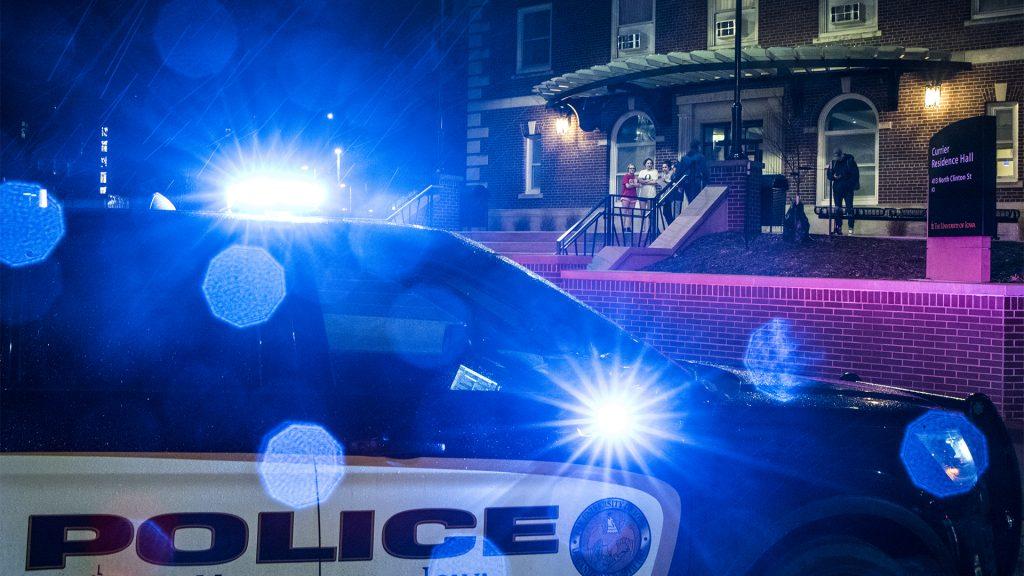An internal audit requested by the University of Iowa Department of Public Safety found issues in the university’s emergency preparedness when it comes to dealing with such issues as bomb threats, public-health emergencies, and hostage situations.
The UI received a red on the internal audit, finding problems with its emergency plans, training, and reporting, as well as communication methods.
“The UI Department of Public Safety requested this audit after identifying specific areas for improvement. This audit reaffirms our findings, identifying areas we should strive to improve as an institution,” Assistant Vice President and Director of Public Safety Scott Beckner said in an email statement to The Daily Iowan. “We have already taken steps to address the recommendations cited in the audit and will continue to work on the remaining items by the assigned deadline.”
Following recent events, both nationally with the Parkland, Florida, shooting and locally with the speculation incident in Currier Hall last week, the topic of safety is at the forefront of nation and campus conversation.
“We are on a continual journey to make this campus as safe as possible and then you have these flare-ups that remind us that it’s happening all over, and they reinvigorate us to double-check, triple-check and get ourselves even more prepared,” UI President Bruce Harreld told the DI in an interview Wednesday.
RELATED: The night of the false shot in Currier Hall
From July 2015 through September 2017, the audit highlighted emergency incidents occurring on campus, including power outages, gas leaks, loss of steam capacity, a broken sprinkler, an elevator malfunction, a projected flood, a mumps outbreak, a building evacuation, and a fire in the Bowen Science Building.
Additionally, the audit found the role of the Office of Emergency Management was not clearly documented in the university emergency policy and plan, which uses terms and definitions that are not standard across campus.
The audit recommended the plan be updated to include common emergency-management language with appropriate definitions in order to implement necessary National Incident Management System and Incident Command System components.
The audit also recommended developing a multiyear training and exercise program, a strategy for communication and presentation of emergency information, and a facilitated program for college, department, and building emergency plans.
RELATED: Iowa City students and community respond to Parkland mass shooting
“Internal Audit is meeting monthly with the Office of Emergency Management to discuss the progress,” Regent Chief Audit Executive Patrice Sayre said when reviewing the audit at the February state Board of Regents meeting. “Management is being very responsive with the recommendations and working diligently on the improvements in processes and controls.”
The university has developed an Emergency Management Advisory Committee, which meets once a month, to work on addressing each item in the audit.
“This audit serves as a roadmap for us to follow as we update some of our procedures and continue to build strong relationships with campus and community partners in an effort to make sure we’re as prepared as possible for a potential large-scale incident,” emergency-management coordinator Floyd Johnson said.



